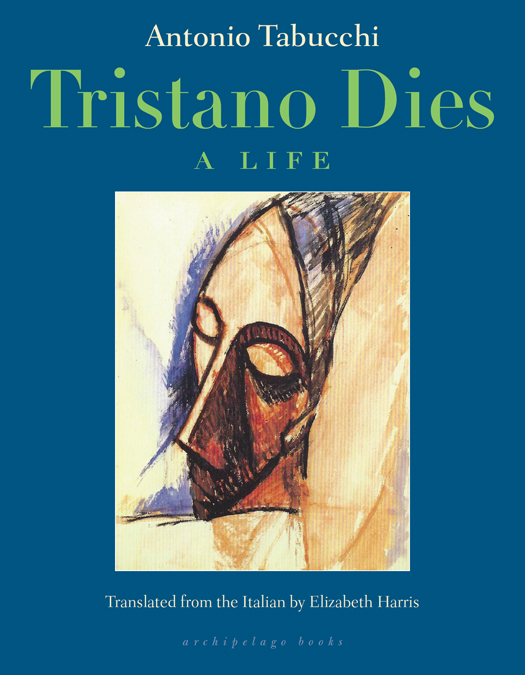
Tristano Dies
A Life
کتاب های مرتبط
- اطلاعات
- نقد و بررسی
- دیدگاه کاربران
نقد و بررسی

August 31, 2015
Tabucchi's unsatisfying short novel is built on flashbacks and digressions inside digressions. Italian ex-soldier Tristano contemplates the nature of life and death on (where else?) his deathbed. As he looks back on his old life, he remembers stories of lost loves, the harrowing atrocities of war, and the ways that stories themselves are constructed. The novel is one long, often confusing monologue of Tristano's life during WWII, when he shot and killed a Nazi soldier in Greece and maintained a lengthy love affair with Daphne (or was it Rosamunda?), who always played Schubert for him. It slowly emerges that Tristano, who often refers to himself in the third person, is telling his story to a writer whom he wants to relay his story to the world. The tale is full of obscure mythological references, clever narrative tricks, and philosophical ramblings. Long-winded Tristano is clearly an unreliable narrator, but he questions whether memories can ever be reliable anyway. Tristano's story is difficult to follow, and the structure contradicts its own logic. By the end of the tale, the payoff for enduring such a twisting, convoluted story is scant.

August 1, 2015
A war hero delivers a final, mournful series of remembrances just as his memories begin to scatter. The title of this striking and slippery late novel by Tabucchi (Time Ages in a Hurry, 2015, etc.) gives away the ending, but even so the somber opening pages leave little doubt to the story's trajectory. Tristano is at the end of his life, one leg ravaged with gangrene, and he's summoned a writer who's reimagined his life in a novel to set the record straight. The novel depicted Tristano's moment of heroism during World War II-as an Italian soldier stationed in Greece, he killed a Nazi soldier who murdered an innocent woman and child, then hid in the mountains with Greek partisans. Tabucchi has his protagonist struggle to recall his story, thinking of the women he loved, questioning his heroism, and bemoaning the infirmity of the truth. "Life isn't arranged in alphabetical order," he laments, and to echo that point, Tabucchi's tale is digressive and sometimes frustratingly abstract. But if the overall narrative is splintered, Tristano's philosophizing is oak-solid, engaging, and often black-humored. He riffs often on the flexibility of history and who gets to write it, the cruelty of war and the atomic bomb, selective memory, mental illness, and betrayal. "At times it's so hard to tell the difference between cruelty and justice...killing...or murdering," he intones as he shades toward a late confession. The incompleteness of the story, its distance from objective truth, is part of Tabucchi's narrative strategy, prompting the reader to consider what kind of information we need to assign somebody the title of hero. Tristano is a great admirer of Borges, and this book evokes his wordplay as well as his eagerness to manipulate time and storytelling like taffy. An admirable if challenging reworking of the overworked themes of war-hero tales.
COPYRIGHT(2015) Kirkus Reviews, ALL RIGHTS RESERVED.

September 15, 2015
Dying Italian Resistance hero Tristano hires a writer to hear him tell his story, which he relates in swelling, stream-of-consciousness style that slips between first and third person, starting with his killing a German soldier in Athens and falling for black-eyed Daphne. But he often digresses ("So let me philosophize"), reflecting on life and art, roses and light. VERDICT Gorgeous if a challenge for those who want things plain, this will please smart readers ready to applaud the energized imagination of the late Italian master.
Copyright 2015 Library Journal, LLC Used with permission.

























دیدگاه کاربران